
News & Analysis
Investigating a Scandal in the Publishing World: Q & A with Chloe Hadjimatheou
“The Salt Path” was a bestselling memoir, but after a tipoff, this reporter wondered if everything was quite as it seemed.

“The Salt Path” was a bestselling memoir, but after a tipoff, this reporter wondered if everything was quite as it seemed.
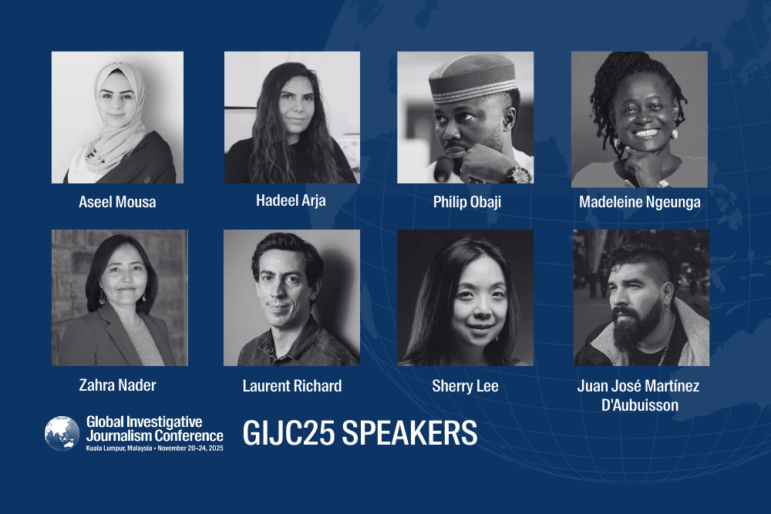
GIJC25 will feature an esteemed line-up of journalism veterans, data gurus, and subject matter experts from nearly 100 countries.

Nominations are now open for three regional representatives, and for four at-large director positions on the organization’s board.

Joseph Poliszuk — co-founder of Venezuela’s Armando.info — has spent years investigating illegal mining and drug trafficking. He speaks to GIJN ahead of his appearance at GIJC25 in Malaysia.

Investment funds issued to finance Brazil’s agribusiness sector bundle various bonds — some of them labeled “green” — but are tied to socio-environmental violations or potential land grabbing.
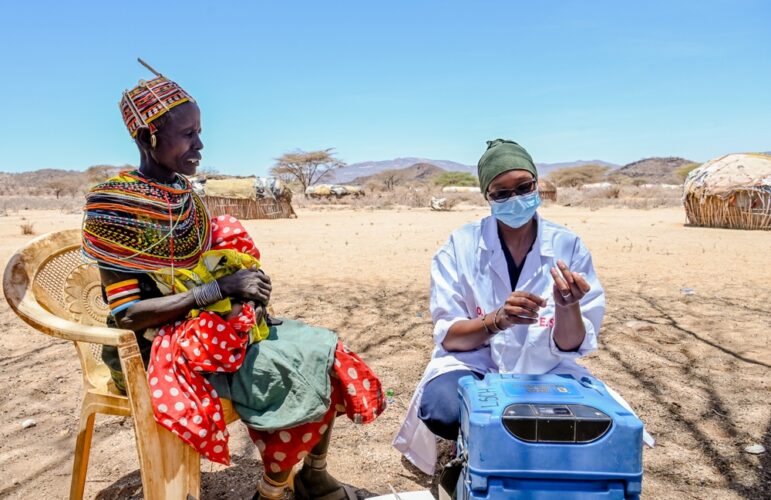
Verah Okeyo and Anne Mawathe were frustrated with newsroom constraints and envisioned producing deeply reported stories that communities and policymakers could not ignore.
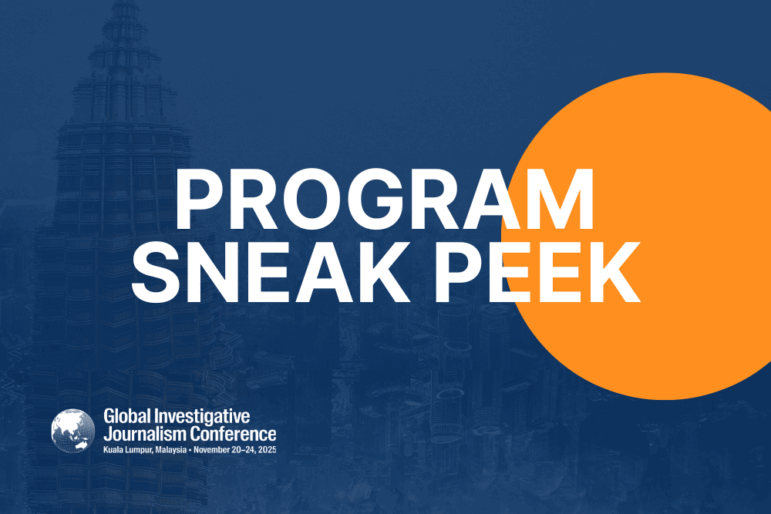
With 15 different conference tracks and more than 150 planned sessions and workshops, GIJC25 will feature a wealth of esteemed journalists, data gurus, and subject matter experts.

The team used leaked documents and an interview with the AI tool’s developer to reveal numerous mistakes behind the Trump administration’s cost-cutting measures of veterans’ care.

Karen Hao — one of the world’s leading voices on the impacts and potential harms of artificial intelligence — speaks to GIJN ahead of her appearance at GIJC25 in Malaysia.
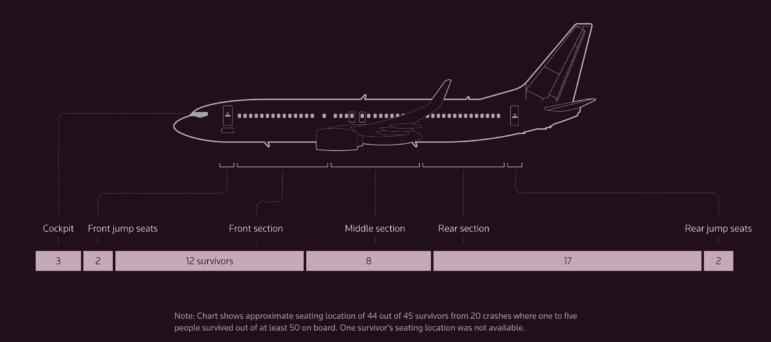
Our latest round-up of the best in data journalism also features stories on Xi Jinping’s military purge and climate change-fueled flooding in Pakistan.

Researchers at the University of Wisconsin-Milwaukee offer insights into sources and techniques for investigating water usage by major tech companies’ data centers.

Bellingcat ran a series of geolocation challenges using two dozen popular AI platforms, with varying results.
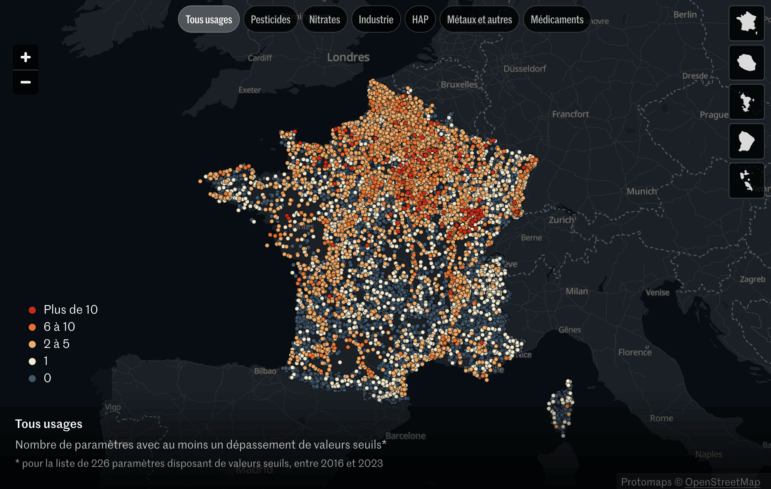
The French investigative reporter and data journalist shares the methods behind her team’s major investigation into Europe’s polluted groundwater crisis.
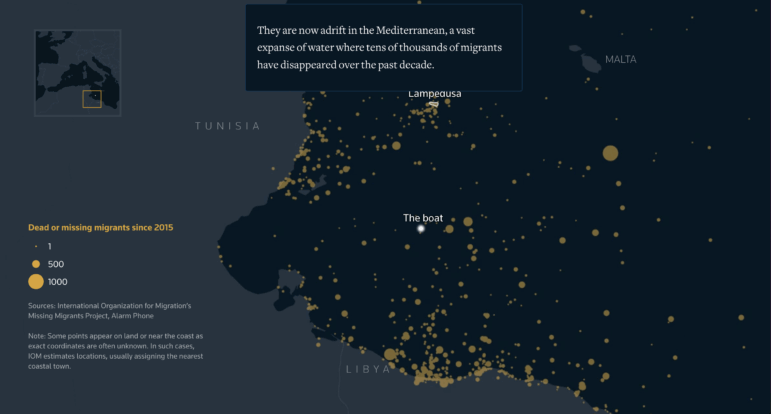
Our round-up of the best in recent data journalism also features stories from Japan, Nigeria, Gaza, and Namibia.

GIJN sat down with newsroom leaders from the Investigative Reporting Project Italy (IRPI) to discuss the group’s history, its current business model, and where it plans to go next.

The program lineup of more than 300 speakers will include the best in the business: award winners, data gurus, innovative editors, and experts on urgent investigative topics.

The changes represent a methodological overhaul of the initiative, which launched in 2018 and now brings together 42 media outlets from different parts of Brazil that work collaboratively.
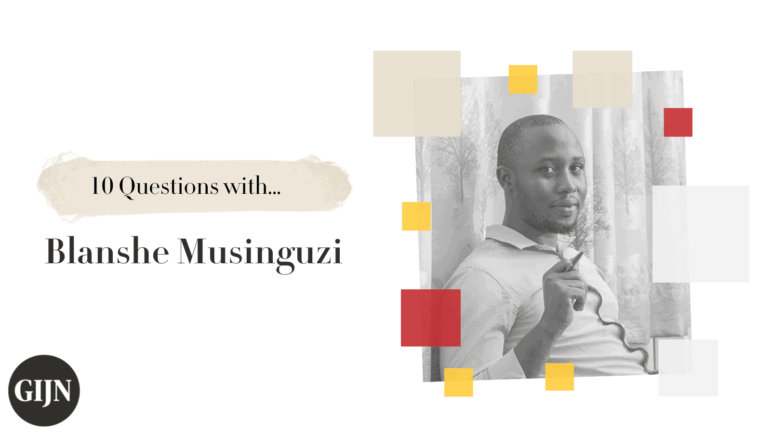
Blanshe Musinguzi’s award-winning investigation focused on timber smuggling in East Africa. He talks with GIJN about his career so far, and what he’s learned along the way.

The organization has one guiding principle: “Let the data speak.” But sometimes getting hold of the information they need is an uphill battle.

The 13th edition of the Gabo Festival highlighted some of the most urgent challenges facing journalism today, particularly in Latin America.

As oligarchs and populist governments ratchet back the gathering and dissemination of climate-related information, journalists can use these techniques to find relevant sources and track impact.
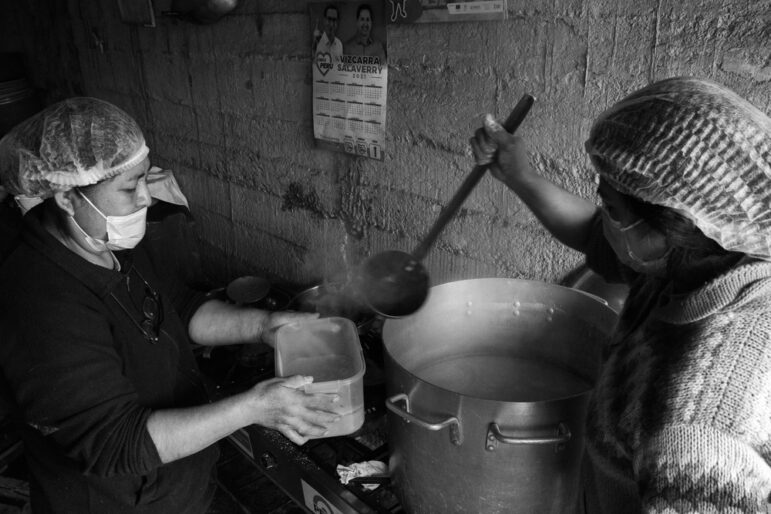
A behind the scenes look at how reporters investigated how thousands of people have been unjustly excluded from Peru’s pension program due to flaws in the poverty classification system.

A dedicated mental health helpline for journalists facing anxiety, stress, and burnout was a long time coming. Can it survive?
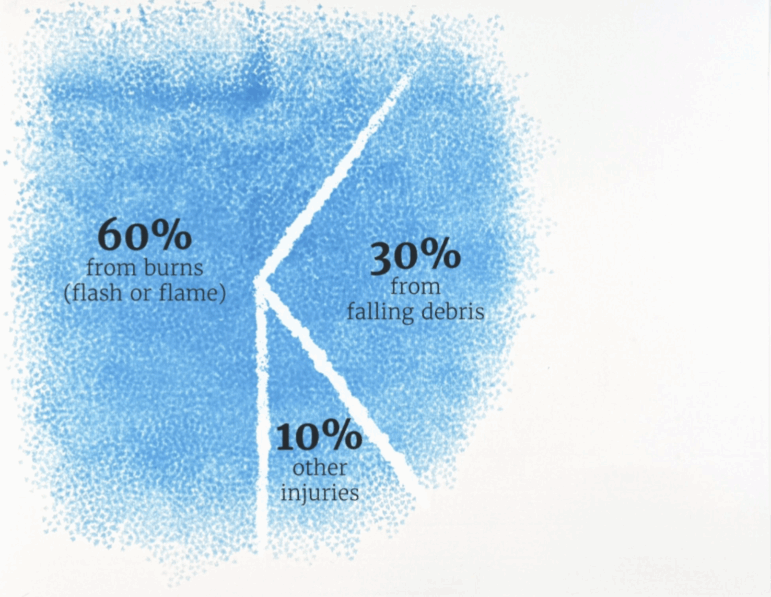
Our round-up of the best in recent data journalism also features stories from Southeast Asia and Gaza.

From the Philippines to the UK, a number of major newsrooms have created their own AI chatbots designed to respond using only that site’s trusted reporting archive and vetted databases as source material.
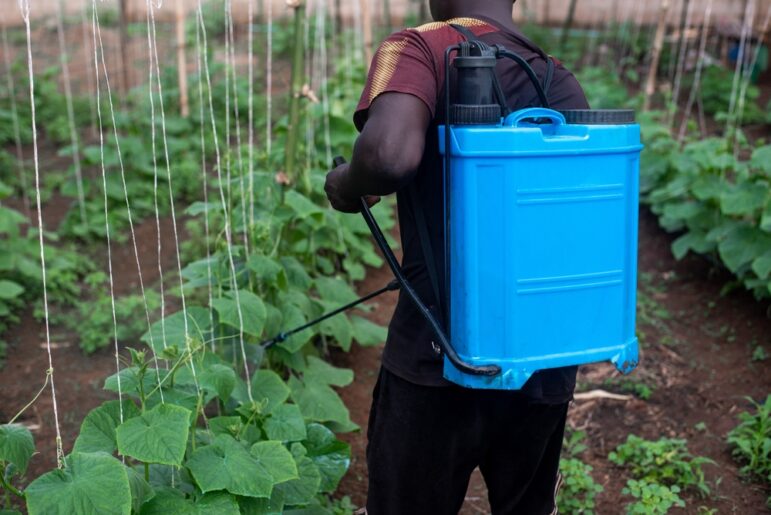
GIJN speaks to a Nigerian journalist about how she uncovered how banned pesticides are still exported and sold in Africa.

With a little research and negotiation, reporters can slash the cost of obtaining records bundles and speed up the government’s response in the process.
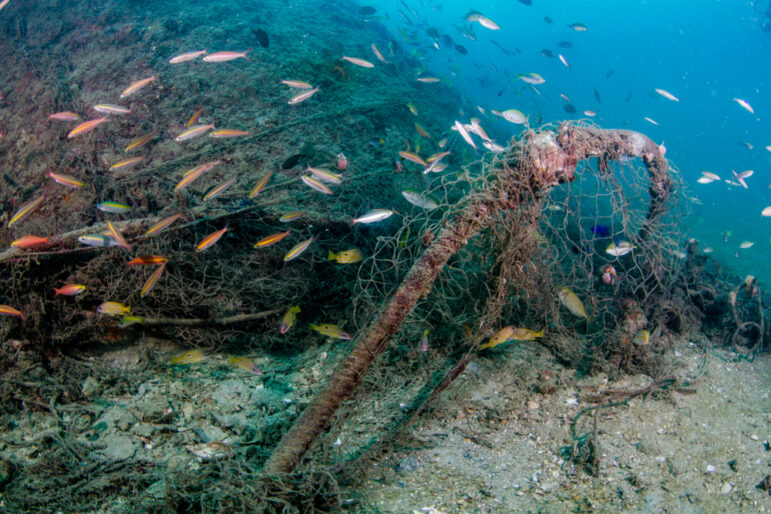
Using artificial intelligence and synthetic aperture satellite technology, investigators can better identify and document illicit activity at sea.